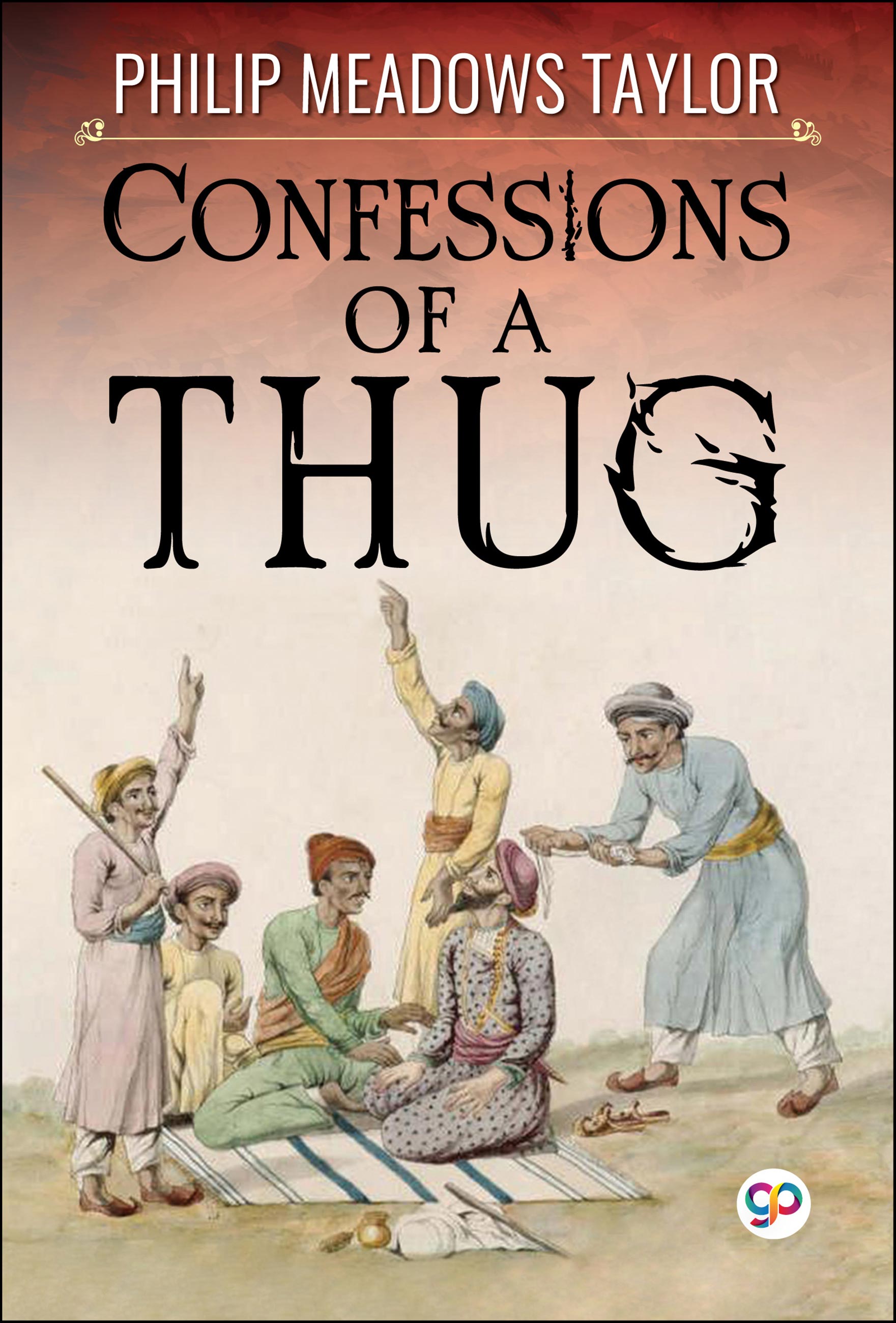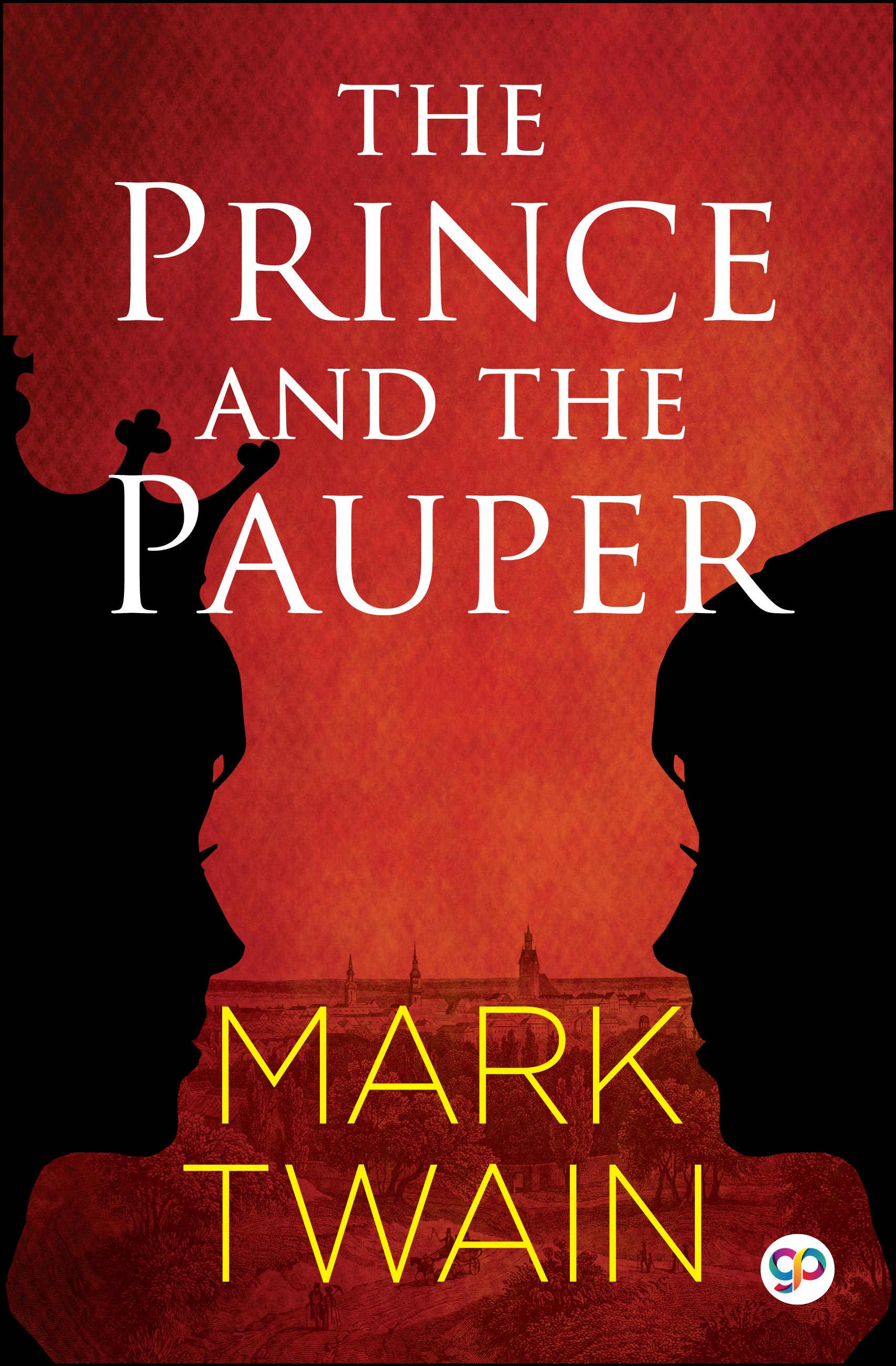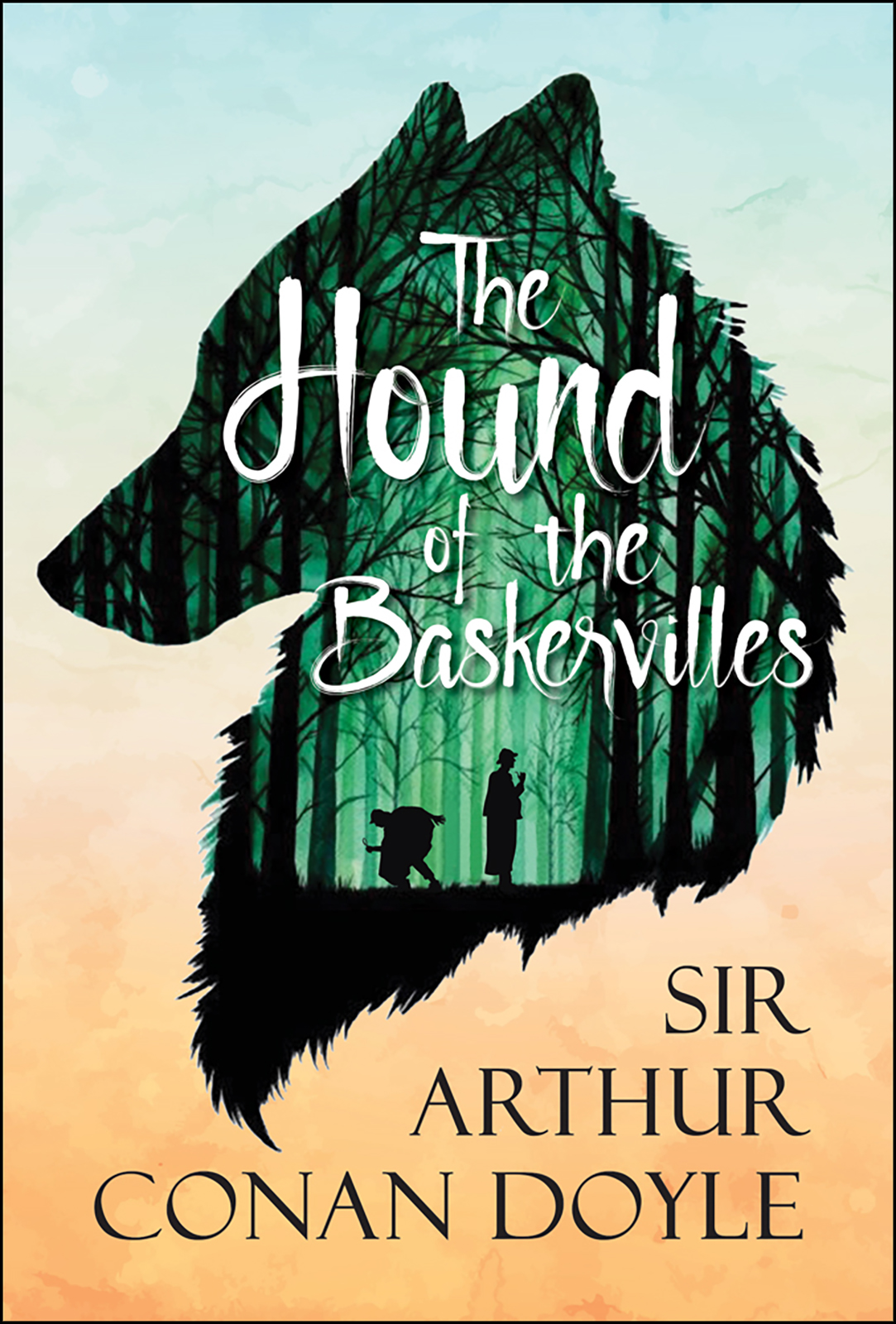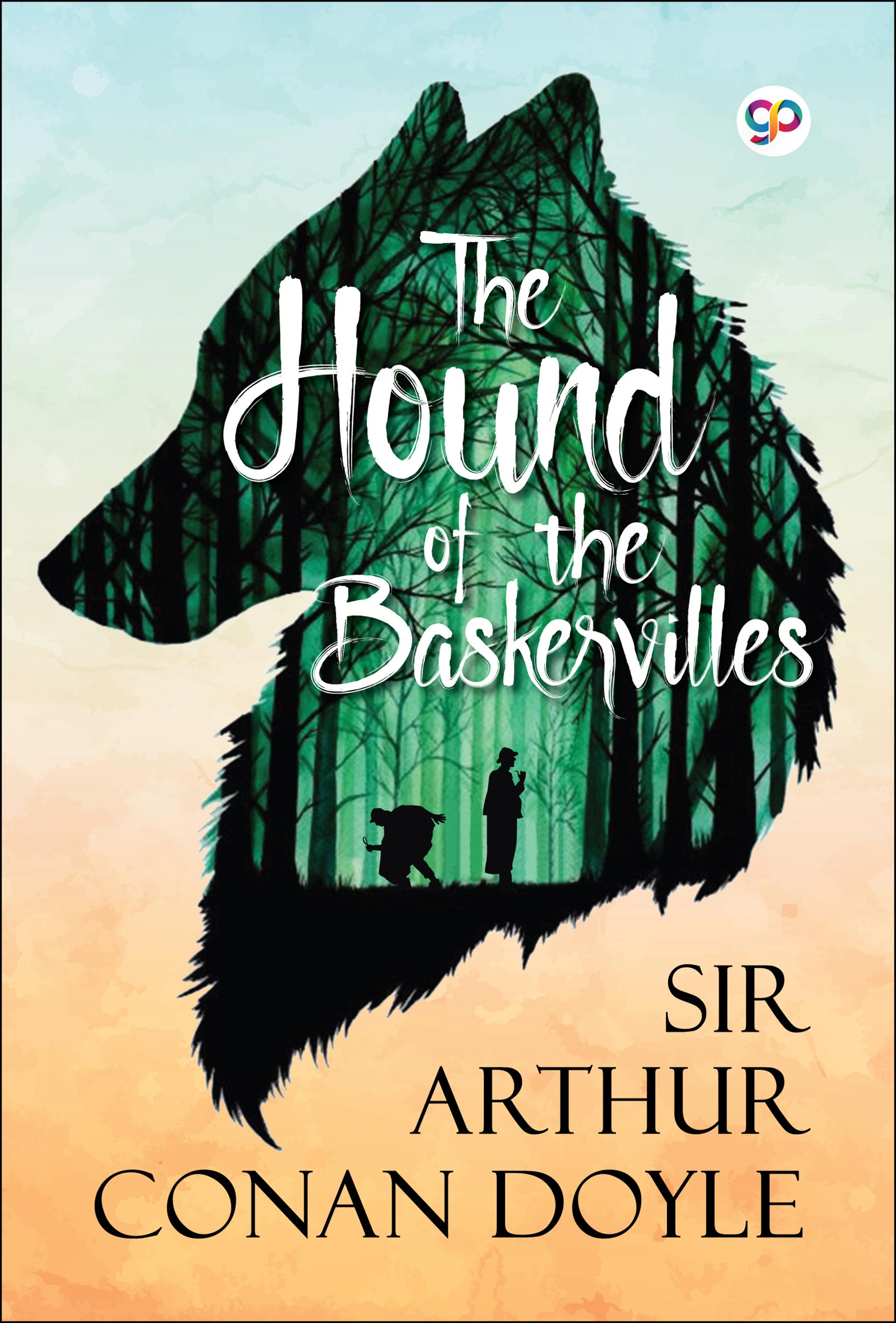
Confession of a Thug (Illustrated Edition) (eBook)
Confessions of a Thug was one of the best-selling crime novels of the 19th century, and was the most influential novel about India prior to Rudyard Kipling's Kim (1901). Written by Philip Meadows Taylor in 1839, it was based on the Thuggee cult in British India. Adopted and raised by a thug, Ameer Ali committed around 719 murders in his lifetime just by the use of a roomal, strangling his prey with his grip, thus preventing any noise from being heard. Confessions of a Thug is a strikingly vivid, chilling and immensely readable thriller.
BEST SELLERS
About the Author
Philip Meadows Taylor (1808–1876) was an Anglo-Irish author, best known for his pioneering works in Anglo-Indian literature. Born in Liverpool, England, Taylor spent a significant portion of his life in India, where he served in various administrative and military roles under the British East India Company. Taylor's experiences in India profoundly influenced his literary output, leading him to write novels that intricately portrayed the cultural, social, and historical milieu of the Indian subcontinent during the British colonial era. His most renowned work, "Confessions of a Thug," published in 1839, is often considered one of the earliest crime thrillers in English literature. Set against the backdrop of the Thuggee cult in 19th-century India, the novel provides a gripping account of criminal activities and explores themes of power, deception, and morality. Beyond "Confessions of a Thug," Taylor authored several other notable works, including "Tara: A Mahratta Tale" and "Seeta: A Novel." His writings often showcased his deep understanding of Indian society, its intricate social structures, and the complexities of British colonial rule. Taylor's narratives were characterized by vivid descriptions, rich characterizations, and a keen sense of historical detail, earning him acclaim among contemporary readers and scholars alike. Taylor's contributions to Anglo-Indian literature were significant, as his works provided Western audiences with valuable insights into the cultural diversity and historical intricacies of India during the colonial period. His writings continue to be studied and appreciated for their literary merit and their portrayal of the complex interactions between British colonizers and Indian society. Philip Meadows Taylor passed away in 1876, leaving behind a legacy that endures through his influential literary works, which remain an integral part of Anglo-Indian literary heritage.












